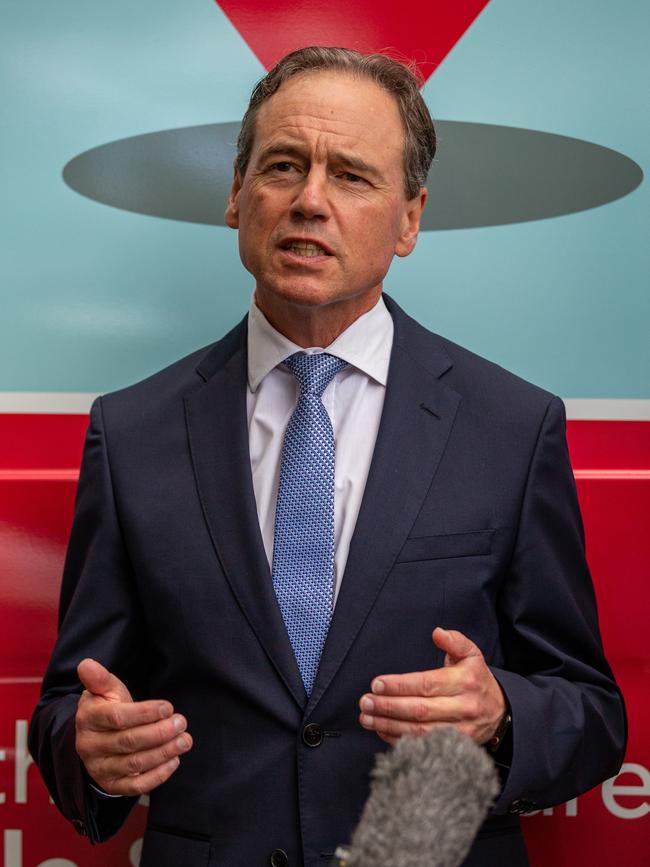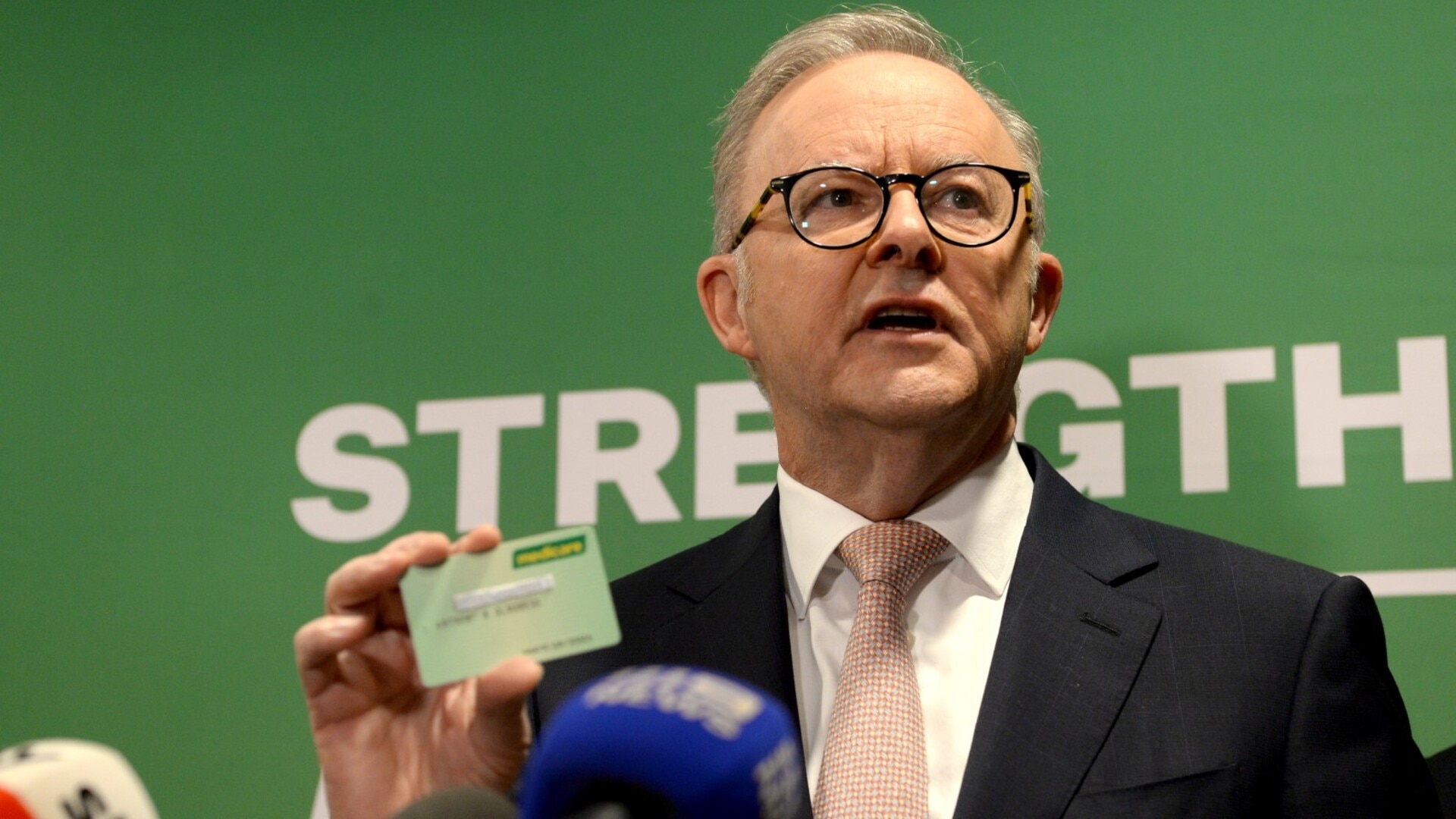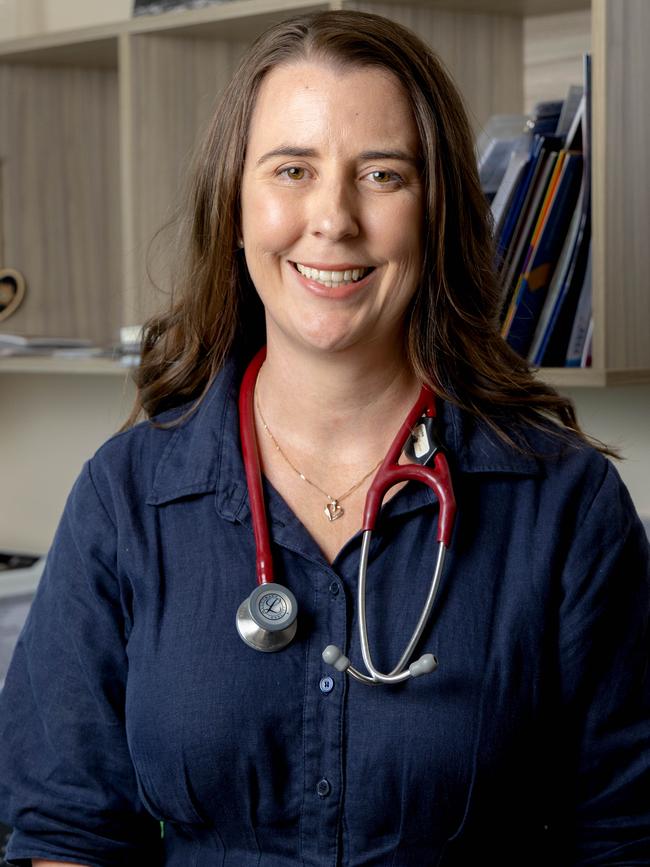Telehealth companies propose setting code of practice and principles
Australia’s largest medicinal cannabis company, Montu, convenes new working group to set principles for telehealth sector, appointing a well-known former health minister as its chair.

Australia’s largest medicinal cannabis company, Montu, which is subject to legal action for alleged breaches of advertising rules, has recruited former federal health minister Greg Hunt to lead a working group to develop a telehealth code of practice.
It has established the Telehealth Sector Working Group to lobby for change and develop a sector-wide code and core governance principles for the rapidly expanding telehealth industry, which includes consultations between a doctor and patient that are conducted via phone, video call or via a digital online portal.
Mr Hunt, who was well-regarded during his tenure as health minister has been appointed its independent chairman. While his experience in government will certainly be of use to the group, so too will any sway and the many relationships he formed in that time.
The group’s formation comes amid the rapid expansion of big business into private telehealth services, offering everything from cosmetic injectables to medicinal cannabis, weight loss medication, and general prescriptions and medical certificates for almost any ailment – all direct to a person’s home – almost instantly.

It has, however, raised concerns that patient care is being driven by profit margins, and comes at a time when legislation and regulation have struggled to keep pace with the ever-evolving market. Mr Hunt says that’s why the industry needs to be part of the conversation.
“This has to be a partnership between profit and not-for-profit, public and private, rural and urban providers, as well as those that support the system,” he says.
“The opportunity and challenge now for the sector, and for the incoming minister, is how to keep pace with innovation while balancing the two fundamental goals of patient access and clinical governance.”
The group is made up of 14 members spanning business, not-for-profits, research and individuals involved in health enterprises. They include Rare Cancers Australia, Members Health Fund Alliance, Honeysuckle Health, Marathon Health, CU Health, WE LYSN, Valion Health and Medical Technology Association of Australia.
It’s creation also comes as Montu faces ongoing legal action, brought against it by the national drug regulator.
In April 2024, the Therapeutic Goods Administration initiated legal proceedings against Montu, and its subsidiary, Alternaleaf, for the alleged unlawful advertising of medicinal cannabis on websites and social media.
“Montu is further alleged to have operated a website during Medicinal Cannabis Awareness Week 2023 which advertised medicinal cannabis to the public,” the TGA wrote in a statement at the time.
“Despite repeated warnings by the TGA about the alleged non-compliant advertising, the companies continued to advertise medicinal cannabis.”
Montu’s head of government relations, Edward Strong, declined to comment on the legal action or how the company’s involvement in the working group may be perceived as a result of it.
“I can’t talk to that one, okay, but what I can say is that we are really proud to have facilitated this group coming together,” says Mr Strong, adding that the group has already held talks with Labor and the Coalition.
“Both sides are very supportive of the industry taking a first stab at this, making sure that we’re able to provide the best care possible to our patients. And if that’s not successful, then they’ll have the building blocks to be able to come up with something government-led.
“We want to be having conversations with groups like the Australian Medical Association, the Royal Australian College of GPs and other specialty colleges, and say, ‘What do you think of these standards? Do they meet a high enough bar?’, and we’ll go from there.”

In his role as chairman, Mr Hunt is urging whoever next forms government to make oversight of telehealth a priority and to work alongside those already working in the area.
“My clear view is that the sector must now work together on a broader task – to ensure that Telehealth has a 10-year road map, an industry code of practice and principles to balance the twin goals of safe care and accessible telehealth,” Mr Hunt says.
“State and territory governments across the country have already embraced telehealth as a means to reduce hospital wait times and non-critical admissions.
“Like any healthcare model, telehealth must be subject to robust governance. We must continue to ensure that clinical and technical governance remains paramount and that substandard operators are removed from a system that has, overwhelmingly, delivered extraordinary benefits to patients.
“The AMA, private health insurers and the medical devices industry have already developed guiding documents that provide a strong foundation for clinical governance.
“Now is the time to build on that by establishing a shared set of core principles to unify the telehealth sector.
“Encouragingly, there is clear bipartisan understanding of what is required with both the minister and shadow minister for health recognising the importance of a strong, well-governed telehealth system as part of Australia’s future. Their leadership signals that there is a shared national priority to work together to establish deliberate, future-focused principles driven by evidence, best practice and the needs of Australian patients.”

A spokeswoman for Health Minister Mark Butler welcomed the group’s formation.
“It is encouraging to see the telehealth sector acknowledge the need to improve its performance,” she said.
“That is why a re-elected Labor government will launch 1800MEDICARE, a free, nationwide 24/7 health advice line and after-hours GP telehealth service, backed by Medicare.
“We will monitor the work of this group and are committed to working with the sector and consumers to improve the oversight and regulation of telehealth services.”
Shadow health minister Anne Ruston was also welcoming but criticised Mr Butler for not doing more to rid the industry of rogue operators.
“We have led the way and pushed the Albanese government to make sure everything possible was being done to guarantee medical professionals are meeting their obligations and that Australians are protected from unscrupulous providers – including those seeking to exploit telehealth,” Senator Ruston says.
“We look forward to further information on how this working group will work with the government to ensure the best outcomes for healthcare access through telehealth in Australia.”

While not commenting directly about the new working group, AMA president Danielle McMullen says a lot of positives have come from telehealth when it is used as an adjunct to face-to-face care, the most notable being an increase in accessibility for some patients.
However, the AMA remains cautious about groups offering single services, often via telehealth, as well as those conducting rapid telehealth prescribing.
“As we’re seeing this technology really advance, and behaviours of patients and consumers change, this is an emerging challenge,” Dr McMullen says.
“We need to make sure that we’re minimising conflicts of interest and business frameworks that might promote inappropriate prescribing. I think it’s quite difficult for consumers sometimes to know whether what they’re seeing is evidence-based or whether it’s part of a commercial drive.
“Getting the balance right is about having patient health and safety at the centre of what we do.”





To join the conversation, please log in. Don't have an account? Register
Join the conversation, you are commenting as Logout